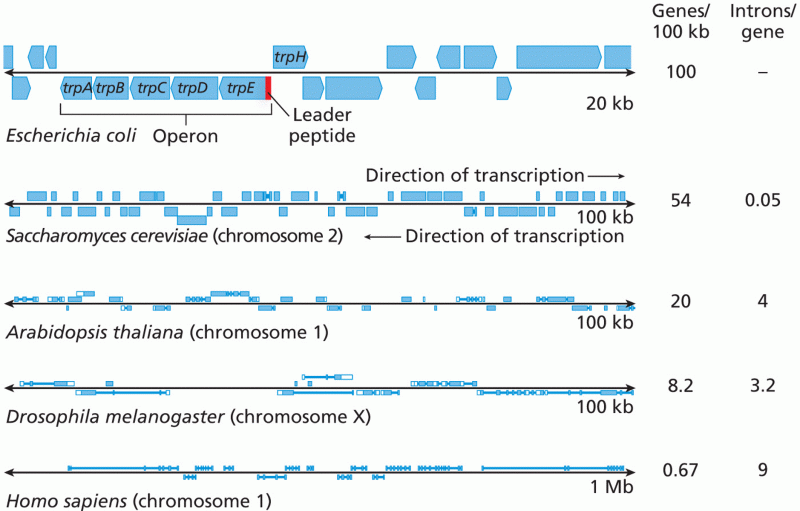|
|
|
More than 150,000 Americans killed by cardiovascular disease are younger than the age of 65 years.
Human stomach acid is strong enough to dissolve small pieces of metal such as razor blades or staples.
All adverse reactions are commonly charted in red ink in the patient's record and usually are noted on the front of the chart. Failure to follow correct documentation procedures may result in malpractice lawsuits.
Although the Roman numeral for the number 4 has always been taught to have been "IV," according to historians, the ancient Romans probably used "IIII" most of the time. This is partially backed up by the fact that early grandfather clocks displayed IIII for the number 4 instead of IV. Early clockmakers apparently thought that the IIII balanced out the VIII (used for the number 8) on the clock face and that it just looked better.
Sperm cells are so tiny that 400 to 500 million (400,000,000–500,000,000) of them fit onto 1 tsp.
 Like most world-changing inventions, the printing press of fifteenth-century Europe took advantage o
Like most world-changing inventions, the printing press of fifteenth-century Europe took advantage o
 Parents around the world teach their children their religious beliefs and practices. This photo is ...
Parents around the world teach their children their religious beliefs and practices. This photo is ...





